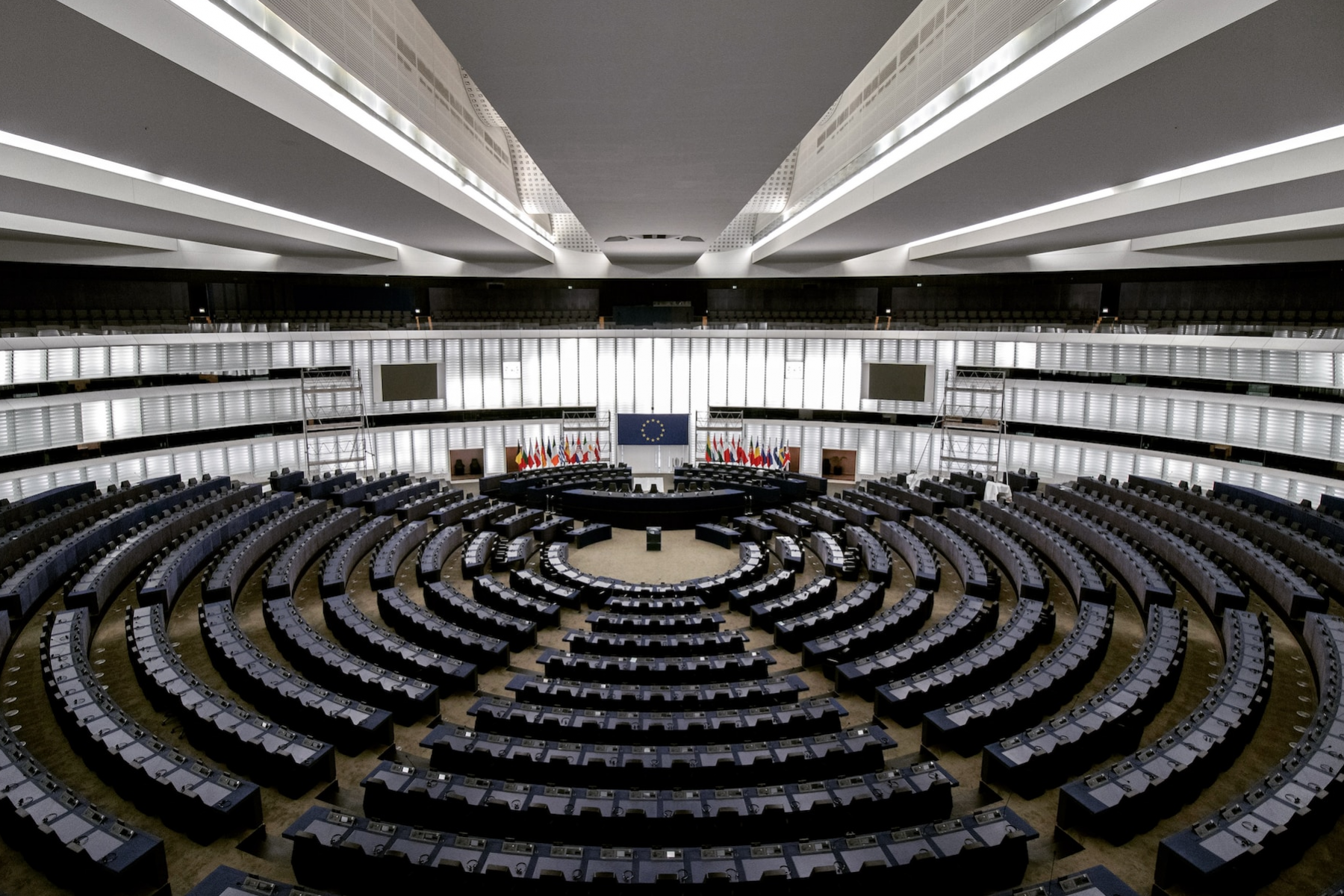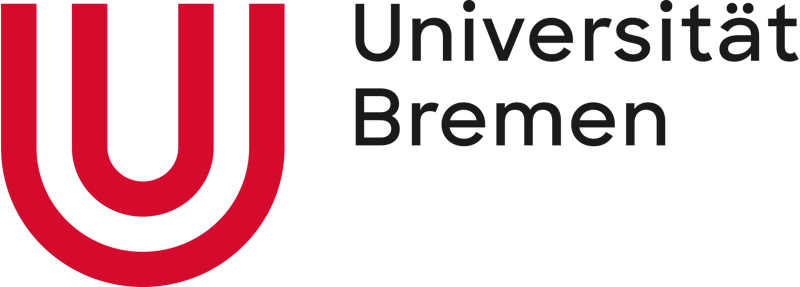Researchers have argued and found that the ideology of political leaders affects social policy. New global data on leaders’ ideologies helps us look beyond advanced industrial economies and study social service provision worldwide.
Researchers have long studied how the ideology of political leaders affects social policy: whether leftist leaders in advanced industrialized economies redistribute more and provide more equal access to education, healthcare, and the welfare state than rightist leaders.
The study of political leaders’ ideologies and their effects on social policy, however, has been held back by the limited coverage of cross-country ideology datasets. While data on governments’ ideologies have become more detailed and far-reaching, ideology datasets still almost exclusively cover democratic countries in Europe and the Americas.
Our knowledge of the ideological orientations of most of the world’s governments and their effects on social policymaking thus remains limited.
New global data on leader’s ideologies
In a recently published article, Bastian Herre – together with a team of research assistants – presents the Global Leader Ideology dataset, which vastly expands the scope and refines the coding of other existing datasets by identifying the economic ideology of chief executives in 182 countries on an annual basis, from 1945 or the country’s independence, to 2020.
The dataset distinguishes between leftist, centrist, rightist, and chief executives with no discernible economic ideology, and covers both heads of government, and political leaders. The leaders' coded ideologies are based on their personal statements, secondary sources, and their political party affiliation or personal backgrounds. Importantly, their ideology is identified independently of the economic and social policies they implemented once in office.
The data show that common assumptions that political leaders in many parts of the world, and especially dictatorships, are non-ideological or exclusively rightist, are incorrect: leaders hold identifiable and diverse ideologies worldwide. This corroborates research that highlights that political systems around the globe do not only differ in their political institutions, but also in the positions of their leaders.
With its unprecedented coverage, this new dataset offers researchers opportunities to study the causes and effects of political leaders’ ideologies across time and space, including over social policy.
Bringing ideology into the study of global social policy-making
In ongoing research, we therefore revisit how the ideology of political leaders affects social service provision in democracies and dictatorships worldwide.
Influential theories of redistributive conflict have connected differences in social service provision to diverging political institutions, especially the regime type. According to those theories, democracies should redistribute more than dictatorships because their competitive elections make governments more likely to respond to the poorer median voter’s call for redistribution. The absence of competitive elections in dictatorships, meanwhile, means that their governments represent the interests of economic elites, which are most likely opposed to redistribution.
We contend that the mixed empirical evidence for these redistributive-conflict theories is partly because they incorrectly assume that the economic interests of governments neatly map onto political institutions.
While governments reflecting the interests of economic elites in dictatorships are common, leftist autocratic governments whose preferences are more aligned with poorer citizens are also widespread. And whereas democratic governments often have agendas favoring its more disadvantaged citizens, there are also many right-wing governments close to the interests of business owners.
In line with classic theories of partisan politics, we expect leftist governments to redistribute more than rightist ones across democracies and dictatorships. Such partisan differences in policy-making occur either because leaders themselves have diverging values and beliefs about how much the state should intervene in the economy, or because they are receptive to the interests and demands of their supporters.
However, we still expect institutions to shape redistributive conflict: as pointed out by refined redistributive-conflict theories, democratically-elected officials tend to be more constrained in their actions than autocratic ones, which are freer to act upon their own or their supporters’ preferences.
Investigating the effect of ideology on global social policy-making
We employ a difference-in-difference approach to analyze the relationship between government ideology, social service provision, and political regimes. This approach aims to take into account that countries with leftist governments may systematically differ from those with non-leftist governments.
We study four dimensions of redistribution, using data from the Varieties of Democracy Project (V-Dem), which provides expert coders’ assessment of the extent of public goods policies, universalistic policies, education equality, and health equality.
We look at redistribution in the form of social service provision instead of income equality, as there is no comprehensive data on the latter for many countries and years. V-Dem indicators are available yearly for most independent countries since 1945.
We also measure the equality of access to social services instead of their generosity. While the value of equality is at the core of leftist beliefs, a generous welfare state may indeed be highly unequal with respect to which citizens benefit and how much, and countries can increase access to social services also directly through income redistribution.
We account for characteristics of countries that do not change over time, joint shocks and trends for all countries, and other factors that may affect both redistributive policies and government ideology, such as previous social service provision, the level of economic development, and electoral democracy.
In parts of the analysis, we look at democracies and dictatorships separately, and identify political regimes with the Regimes of the World data.
New insights about social service provision worldwide
With this approach and data, we find that leftist governments provide more equal access to the welfare state and education than rightist governments when we look at democracies and dictatorships together. This corroborates findings obtained from previous studies that focused on advanced industrialized economies.
In line with our expectations, we find that the spending of leftist governments is more oriented towards the public good, they provide more universalistic access to the welfare state, and they provide more equal access to education than rightist governments. Contrary to our expectations, leftist and rightist governments do not robustly provide differential access to healthcare.
Apart from actors, political institutions also play a role in explaining social policy worldwide: the differences between leftist and rightist governments are more robust in dictatorships than in democracies, where governments of different ideologies seem to often implement similar policies.
For democracies, we find that the spending of leftist governments is more geared towards the public good than the spending of rightist governments, but that leftist governments neither robustly provide more universalistic access to the welfare state nor more equal access to education and healthcare than rightist governments.
In dictatorships, however, leftist governments are robustly associated with more public and universalistic policies, and more equal access to education than rightist governments, though not more equal access to healthcare.
These findings suggest that arguments about how governments’ ideological orientations shape redistribution generalize to governments’ actions around the world, and also shape the politics in dictatorships. The Global Leader Ideology dataset and the early results from our ongoing research therefore demonstrate that there is still much to learn from how political leaders and their ideologies matter for public policy, for social policy, and for overall social welfare.
Header photo by Frederic Köberl - Unsplash









